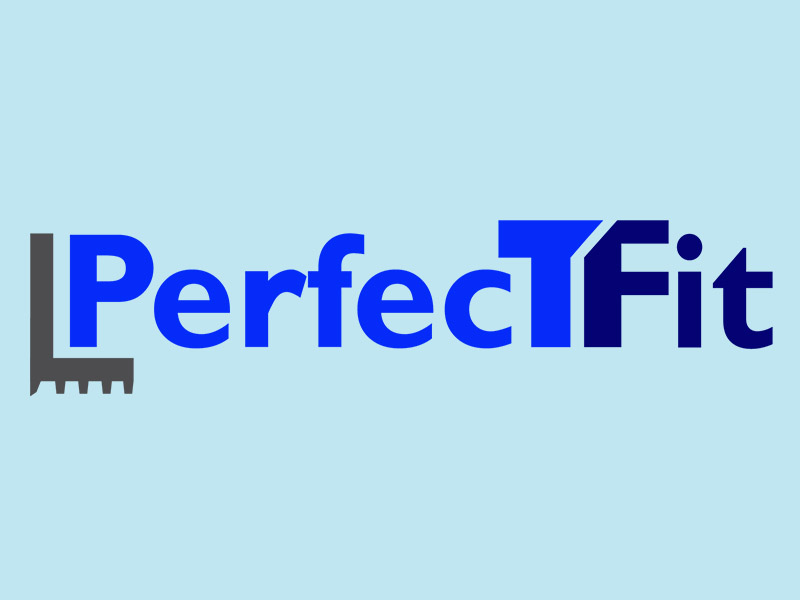When industries shift, change takes time. Disruption isn’t always welcomed. And with good reason! The way things used to work are changing. Managing change is hard, and change produces winners and losers.
Uber is regularly referenced as a disruptive force that fully shifted the landscape of its industry, forcing incumbents to react. Formerly low-tech taxi companies are now banding together to create apps in an effort to survive, as consumers balk at the old method of calling a hotline and waiting 15 minutes for a ride.
For technology integrators, the most visible Silicon Valley influence may be in-home smart devices from companies like Google and Amazon. But the Uber effect on services is strong. Consumers have increasingly little patience to wait around when they know what they’re looking for. As the world of apps continues to train consumers to expect “right now” service, technology integrators are responding.
For many, what this means is evolving into a technology concierge who can provide quick (often remote) ongoing service to clients, while putting themselves in the position of trusted advisor as technology needs change over time.
Remote support tools like OvrC are a key building block for integrators positioning their businesses for the future. Lou Gordon, owner of Soundworks in Armonk, NY, is reorienting his support systems around OvrC and OvrC Pro. “[OvrC gives us] the ability to actively monitor and be able to re-boot our clients systems, as well as minor remote programming and network configs,” Gordon said. “Having this tool allows us to start building an RMR business.”
OvrC also offers an app called OvrC Home, which integrators can set up to allow homeowners to easily take simple troubleshooting steps (like resetting a router) on their own, with the push of a button.
Remote support systems allow integrators to handle many basic client issues in a matter of minutes. But to really lean into their strengths, integrators rely on what big technology companies don’t have: proximity and close relationships with clients.
The question for integrators is how to turn those strong client relationships into a source of predictable revenue that allows them to invest in their business.
Monthly service plans are the next frontier for many integrators, helping provide value to homeowners and businesses over time. Typically, entry-level plans may include basic phone and remote support, with higher-level plans offering benefits like next-day (or even same-day) in-home service.
Some technology integrators may not have the resources to staff a support solution, but need to service their clients at scale. Companies that provide specialized 24/7 support on behalf of integrators, like OneVision and Parasol, are growing up around this burgeoning need.
This expectation of quick responsiveness extends well before the sale, all the way to a customer’s first interaction with a company’s brand. Today, this typically happens online. Nearly ubiquitous at this point are mobile-friendly websites, allowing customers to easily navigate an integrator’s site on their smartphone or tablet. It’s common today to have chat functionality built into a website, providing a channel for lower-pressure communication and quick questions. Managed chat services can help ensure 24/7 availability.
For smaller operations, it’s possible to use services like Nexmo to send contact form inquiries straight to the business owner’s smartphone by text for a quick callback. And Facebook Customer Chat integrates websites directly with Facebook Messenger, allowing inquiries to ping an app that’s already on 1.3 billion phones.
The Uber effect is real. From finding a ride to getting a package, the time window for truly excellent service is shrinking. But integrators are rising to the challenge. As more and more put fast, accessible service at the forefront of their business, the industry can expect better, faster service for customers, and more predictable growth for integrators.








